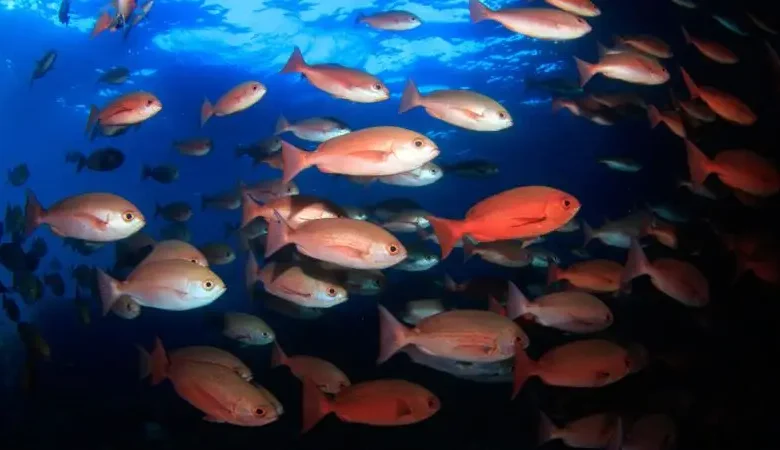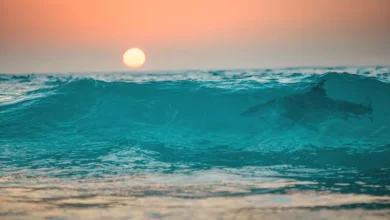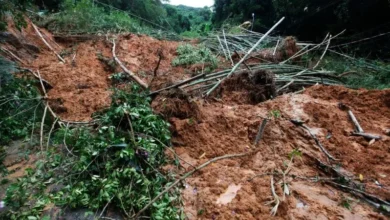NOAA reveals its investment to protect Gulf of Mexico’s red snapper

NOAA said Wednesday $2 million provided by the Inflation Reduction Act is being awarded to fisheries partnerships for data collection and modeling to help understand and mitigate climate change impacts.
NOAA is partnering with the Gulf States Marine Fisheries Commission and the Cooperative Institute for Marine and Atmospheric Studies at the University of Miami.
The money will be used to improve scientific data and management decisions regarding the red snapper in the Gulf of Mexico.
“This $2 million investment, made possible thanks to President Biden’s historic Inflation Reduction Act, will boost NOAA’s ability to support red snapper populations by expanding scientific partnerships that improve data collection and help us understand and mitigate the impacts of climate change on fisheries in coastal regions nationwide,” said U.S. Secretary of Commerce Gina Raimondo in a statement.
The new funds from the IRA’s $3.3 billion announced in June 2023 focused on making sure American communities and economies are prepared for and resilient to climate change.
The Gulf States Marine Fisheries Commission will get $1 million to employ at-sea samplers in Louisiana and Texas to extend the coverage of gulf at-sea collection programs.
NOAA’s Cooperative Institute for Marine and Atmospheric Studies will use $1 million to develop next-generation surveys using acoustic technology to improve red snapper detection.
The project will use advanced technology and artificial intelligence to enhance red snapper surveys and abundance estimates in the Gulf of Mexico.
According to NOAA, collecting more fisheries data will help NOAA Fisheries and state partners “to better understand and adapt to the impacts of climate change, increase data reliability and adjust management decisions that will support red snapper populations.”
The money contributes to an effort begun in 2023 to address the impacts of climate change on red snapper and other Gulf of Mexico reef fish, NOAA said it will strengthen efforts to share and exchange standardized state and federal data.
The data, NOAA said, will “support science and management decision-making for red snapper.”










